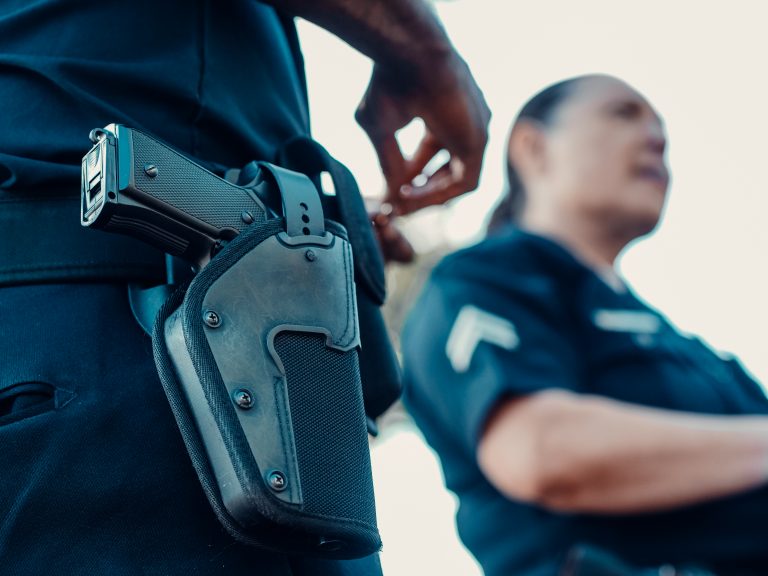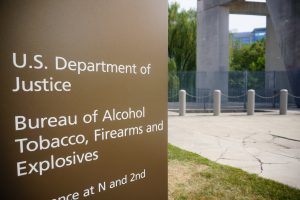Earlier this month, the country watched in horror as news broke that an armed man had taken four people hostage inside a Texas synagogue. Fortunately, all involved got out unscathed except for the gunman, who was killed by responding federal agents.
However, many were left wondering how a British national who had only been in the country for a few days could obtain the firearm used in the attack. New developments from the Department of Justice help shine a light on just how it happened and the limitations of gun legislation to preclude motivated assailants from obtaining weapons.
On Wednesday, the DOJ announced criminal charges against a 32-year-old Texas man named Henry “Michael” Williams, who allegedly sold the Taurus G2C pistol that the British national used in the synagogue hostage situation. According to the criminal complaint, Williams is a felon previously convicted of aggravated assault with a deadly weapon and attempted possession of a controlled substance. That means he was prohibited from even possessing a gun under federal law, let alone selling one.
“Federal firearm laws are designed to keep guns from falling into dangerous hands,” U.S. Attorney Chad E. Meacham said in a statement. “As a convicted felon, Mr. Williams was prohibited from carrying, acquiring, or selling firearms.”
There are still some details that remain unclear, such as how Williams obtained the gun in the first place. Available data would suggest straw-purchasing or theft to be the likely culprit, but the criminal proceedings against him will hopefully reveal more information.
What we do know is that many commonly-proposed expansions of federal gun laws would likely not have made a difference in the outcome of the incident. Even a universal background check regime, as President Joe Biden (D.) has called for, would not have prevented the illicit sale.
Though Texas does not have a universal background statute—meaning a private individual is free to sell a firearm from their personal collection without conducting a background check—under Section 46.06 of the Texas Penal Code, it is illegal to sell “a handgun to any person knowing that the person to whom the handgun is to be delivered intends to use it unlawfully or in the commission of an unlawful act.”
According to Williams’ arrest warrant, he told investigators that he sold the pistol to the synagogue attacker under the belief that he intended to use it to intimidate an individual who owed him money. That’s a different crime from the one the attacker ended up committing, but it’s a crime nonetheless. So, the gun sale was already a violation of current state law.
But, as U.S. Attorney Meachum suggests, this point is underlined by Williams’ pre-existing status as a felon prohibited from possessing a gun in the first place.
“Whether or not he knew of his buyer’s nefarious intent is largely irrelevant — felons cannot have guns, period, and the Justice Department is committed to prosecuting those who do,” Meacham said.
No less than two federal laws and a state law prohibited the possession and transfer of the firearm used in the incident. As a visiting foreign national, the gunman was not allowed to possess a firearm. The man who he obtained it from was also prohibited by law from possessing firearms. And even without his felony background, the alleged sale that took place would also be illegal even in a state without background checks on private sales.
That the synagogue gunman was still able to obtain a firearm despite such laws highlights the difficulty of stopping a motivated attacker regardless of what gun laws are implemented–a point underlined by attacks carried out in the countries with strict gun laws or even outright bans. President Biden alluded to as much in his statements after the incident.
“The idea of background checks are critical,” the President said in a press conference. “But you can’t stop something like this if someone is on the street buying something from somebody else on the street.”
It’s an insight he and other gun-control proponents will have to grapple with as they consider proposing legislative fixes to address similar attacks in the future.






